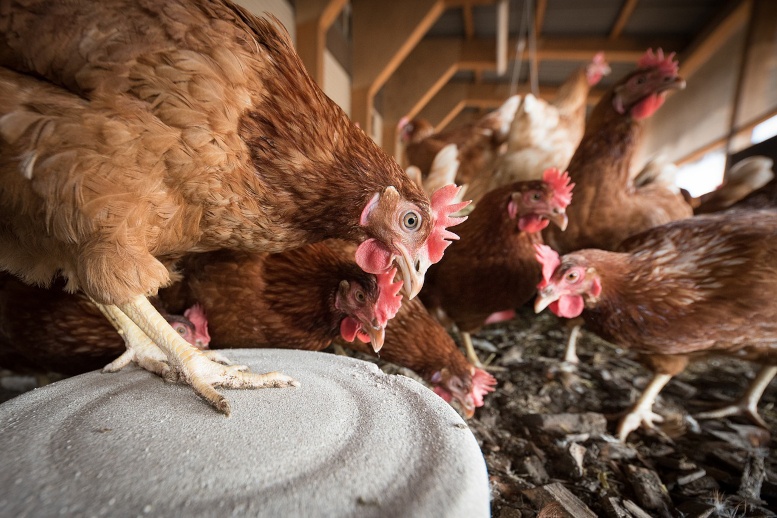Waste left over from the production of hemp oil has been approved as feedstock by a key farming industry group after a yearslong quest by U.S. stakeholders.
The Association of American Feed Control Officials (AAFCO) yesterday signed off on a final definition for hempseed meal during the organization’s annual meeting, which runs through Friday in San Antonio, Texas.
Also referred to as hempseed “cake,” hempseed meal will be tentatively listed later this year in AAFCO’s official publication, the foundational document for the feed industry that provides definitions, regulations, and procedures related to ingredients, labeling, and manufacturing. The tentative listing means individual states may now move forward with commercial adoption.
Objections overruled
Hempseed meal is the leftover material from cold pressing hemp seeds to squeeze out oil intended for human consumption. Advocates have argued that the meal is a high-protein, high-fiber, and nutrient-rich feed that can be valuable in animal diets.
By gaining approval, U.S. hemp feed advocates overcame objections by the Canadian Hemp Trade Alliance (CHTA) and the European Industrial Hemp Association, which had pushed AAFCO for different standards.
The definition of hempseed meal approved by AAFCO set limits of 2 ppm (parts-per-million) for total THC, and 20 ppm for total CBD. While EIHA is pushing in Europe for a THC limit of 5 ppm and no limits on CBD content, the CHTA recommended Canada’s established limits of 10 ppm for THC, and 35 ppm for CBD.
Concerns shot down
“We . . . believe that moving forward with this registration would create precedent that will complicate commercially viable hemp livestock feed ingredient registrations in Europe and other important global markets,” EIHA unsuccessfully argued in correspondence with AAFCO ahead of this week’s meetings.
CHTA wrote to AAFCO that it is concerned that the Canadian Food Inspection Agency (CFIA), which approves feed in Canada, “will look to other credible regulatory bodies as they review the Canadian data package and adopt the cautious precedent for cannabinoid limits” outlined in the definition approved by AAFCO.
The National Hemp Growers Association, a U.S. group, had also recommended a 10 ppm THC limit for THC and no limits on CBD content.
The Hemp Feed Coalition (HFC) and National Hemp Association, U.S. groups that pushed for the hempseed meal definition, alleged EIHA and CHTA were simply attempting to protect their markets by weighing in on the matter. HFC has suggested the THC and CBD levels can be adjusted in the future.
AAFCO is a voluntary association composed primarily of state officials responsible for regulating animal feed and pet food. While it is not a regulator per se, its legislative and regulatory guidance is widely followed by federal and state rulemakers. Definitions for ingredients and nutritional requirements for pet foods are a key activity in the AAFCO portfolio.
Stepping past ban
The organization’s positive vote puts hempseed meal at a distance from the historic ban on hemp attributable to the plant’s misguided association with marijuana, and overcomes concerns among farming and food safety agencies about the transfer of trace amounts of THC through eggs to humans.
The final approval comes after the U.S. Food & Drug Administration’s (FDA’s) Center for Veterinary Medicine (CVM) approved wording defining hempseed meal put forth by the Ingredient Definition Committee of AAFCO in January. Validation by the CVM assures formulators and feed mills that hempseed meal is safe, and that any potential cannabinoid contaminants do not transfer to human food products.

